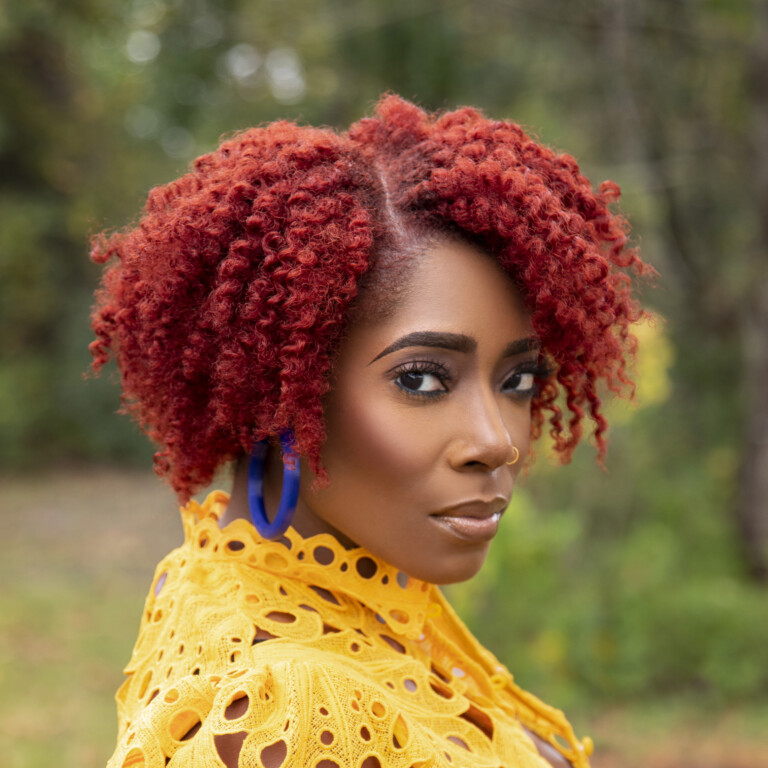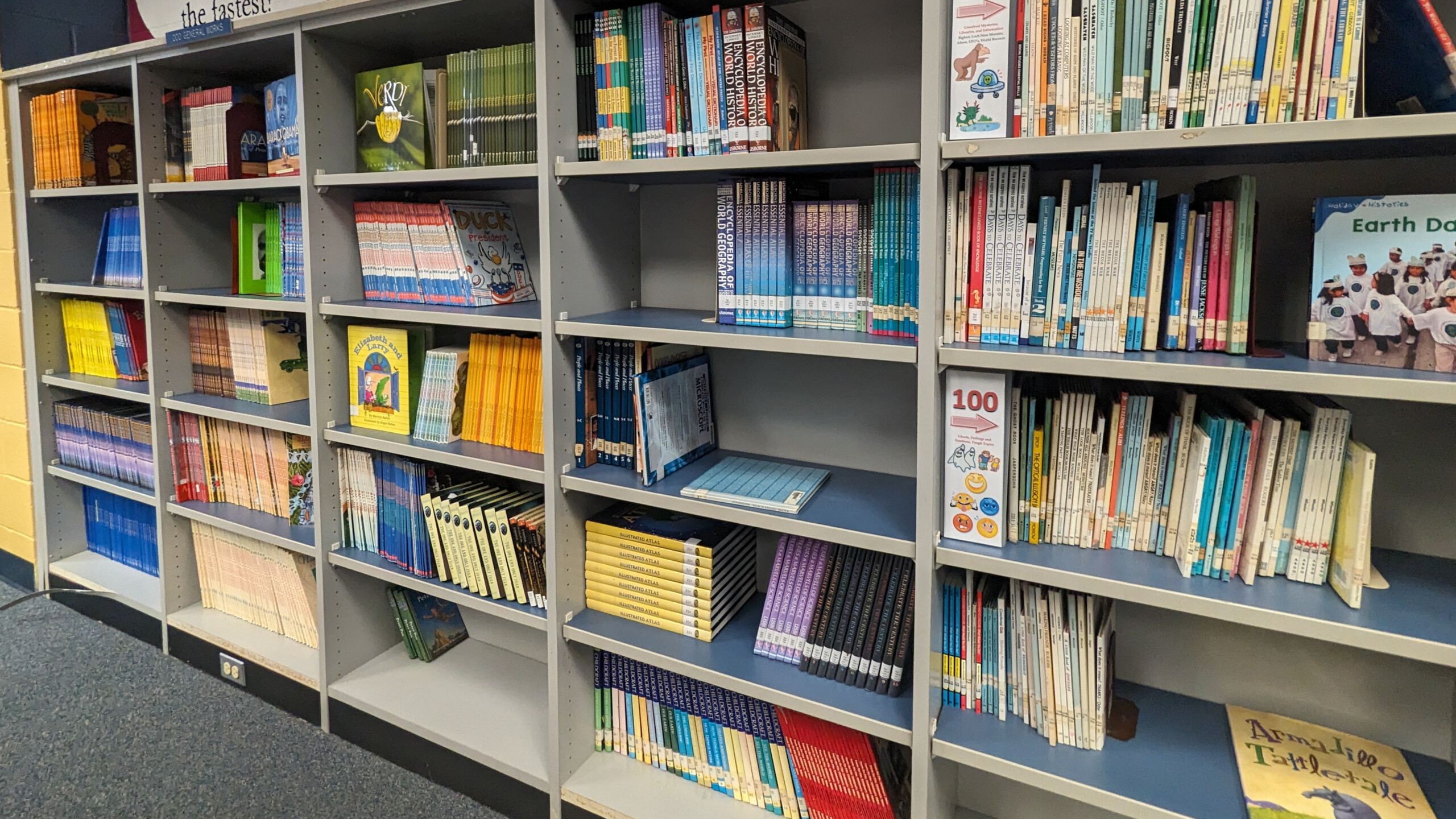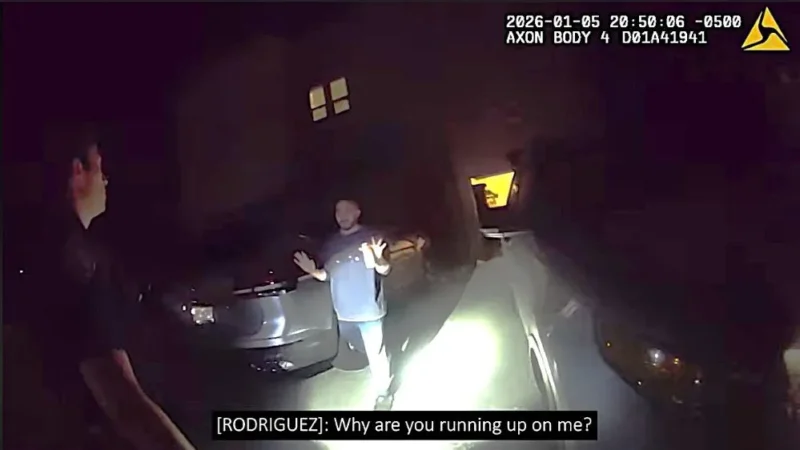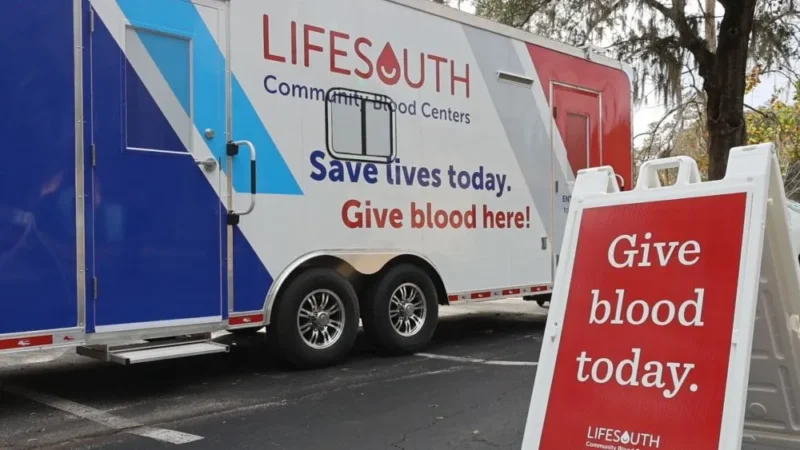
Monday morning my 9-year-old joined about 100,000 other Duval County Public Schools’ children and returned to the classroom for the first day of school. Before I woke him up for the day I prayed that he have “a good, successful, unproblematic, and unracist fourth grade year.” (Words ripped straight from your prayer journal).
Later this week I will head to my favorite library branch and vote in the primary election. On my particular ballot is the District 7 School Board race. It is one of four school board seats up for grabs this election cycle. Governor Ron DeSantis endorsed District 7 candidate Melody Bolduc. Her opponent is Sarah Mannion.
While I will keep my vote, my business, what I do want to surface is my prayer for my son. I have documented in this column before how he has been racialized at school and called out of his name with a slur older than the country and without literary equivalent for a comeback. My prayer for him to have an “unracist fourth grade year” is because I don’t want to have to further dismantle what little innocence remains within him about racism and white supremacy. Like we tell children to enjoy their youth because they have their entire lives to be adults, I feel the same for my son. I want him to enjoy his life before he realizes he has to confront and navigate the world as a Black man every day.
A recent article in this publication said that all of the “Duval GOP-backed candidates” believe in parental rights as “focusing on on academics instead of social-cultural issues in the classroom.” However, I’d argue that social-cultural issues are the classroom.
My son being called a “n***er” by a student of an opposite race more than once in a school year is a social-cultural issue. When all students are barred from learning about the history, legacy, and the present-day impact of slavery and southern apartheid even when we as adults battle these very same issues in our workplaces, communities, and court systems—local, state, federal, and Supreme—is a disservice to their education and a false presentation of the world they will enter.
It is true, not all people have to think about the impacts and affects of race and racism on their lives. But not all people are born with that phenotypic privilege. Moving through this country, this state, this county, this city, in a racialized body comes with consequences—sometimes deadly—if you are not aware of the assumptions about your racialized presence that precede you.
Ask Trayvon Martin.
Ask Jordan Davis.
Ask Markeis McGlockton.
I cannot and will not vote for a candidate who supports removing books because they disagree with the social subject matter when that subject matter is the very material that makes up the lives these students, mine included, will live.
Teach the babies to read. Teach the babies to write. Teach the babies to do math. Teach them science and social studies. Teach them to color, paint, play music, and dance. I’m all for teaching the babies all the things they need to learn to become well-rounded adults. But don’t lie to them and teach them through omission that truth is unimportant if it veers from the mythological, folkloric narrative that we are one nation, under God, indivisible, yadda, yadda, ya.
Our country is still divided by a racial caste system that socio-economic class cannot and does not always overcompensate for no matter who was President or who is running now. For every Kamala Harris there is a Sandra Bland. For every Barack Obama there is a Mike Brown. Politics infiltrates everything including the non-partisan school board race. Politics is part of our social culture. And socio-cultural exchanges are already happening in the classroom.
What teachers, administrators, school board members and candidates-hopeful, the superintendent, the governor and Florida education commissioner, the president and the U.S. secretary of education should do is lead, develop curriculum, and offer supportive materials (books or otherwise) that acknowledge difference in race, gender, migration, and economic class in a way that assures these characteristics are assets instead of liabilities in life as they have been (acknowledged or not) for hundreds of years.
But what they shouldn’t do is act like these differences don’t exist and aren’t being expressed and discussed by the students themselves in the classroom.

Nikesha Elise Williams is an Emmy-winning TV producer, award-winning novelist (Beyond Bourbon Street and Four Women) and the host/producer of the Black & Published podcast. Her bylines include The Washington Post, ESSENCE, and Vox. She lives in Jacksonville with her family.






